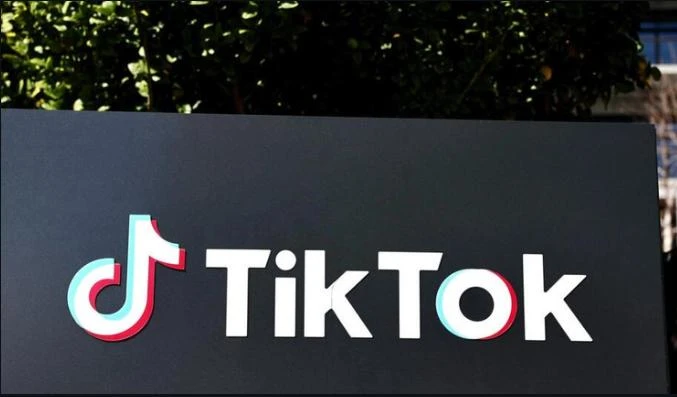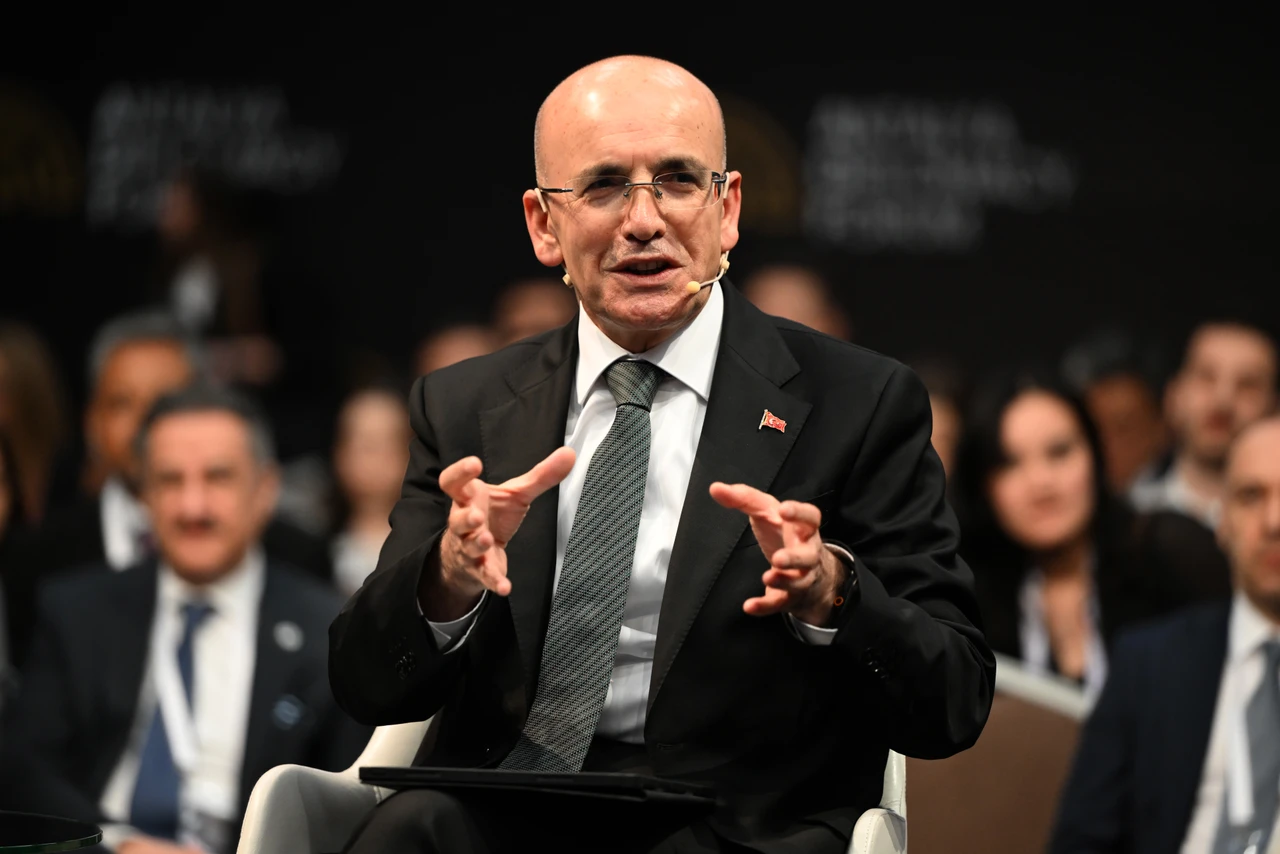TikTok users claim the site is unjustly singled out for a US ban.

TikTok is facing controversy over proposed legislation that could potentially end its existence in the US
Popular social networking site TikTok stoodat the epicenter of a contentious discussion when its founders expressed their opposition to laws that would lead to its extinction in the US. Citing worries over purported links to the Communist Party of China, the House of Representatives recently approved a measure requiring TikTok to cut relations with its Chinese parent firm or risk being banned.
Prominent TikTok founder and self-described political activist Ariella Elm voiced her displeasure outside the White House, highlighting the injustice she felt TikTok was being targeted for while other powerful people were being ignored. Elm said, “If it was really about all the things they were saying, then we would be having this conversation with (X owner) Elon Musk, who basically could change American politics at a whim,” highlighting the platform’s disproportionally harsh criticism.
Fears have grown among TikTok artists like Nathan Espinoza since President Joe Biden has indicated that he is willing to support the law if it makes it past the Senate. Noting the gap between legislators and the platform’s large user base, Espinoza bemoaned the possible consequences of the bill. He said, analyzing the largely unfavorable feedback from people, “Lawmakers don’t understand how huge of an issue this is.”
Legislators continue to express worries about TikTok’s potential impact on national security, despite the company’s claims that it is free from Chinese government interference. Its purported bias is refuted, however, by producers like Espinoza, who argue that TikTok offers a special platform for a variety of political speech.
TikTok is deeply influential in marketing and entrepreneurship, therefore companies and influencers alike are concerned about its possible prohibition. This is in addition to its cultural importance. The site offers an unmatched feeling of community, and Steven King, whose TikTok account has a sizable following, emphasized how it shapes trends in digital media.
Amidst the commotion, a few TikTok users admitted that regulation may be beneficial, especially in the areas of mental health and addiction. Boston resident Victor Pelatere drew attention to how addicting the site is and proposed some potential limits. Similarly, Annmarie Fitzgerald expressed her opinion that handling TikTok’s widespread reach may need exercising discretion.
Source: AFP



